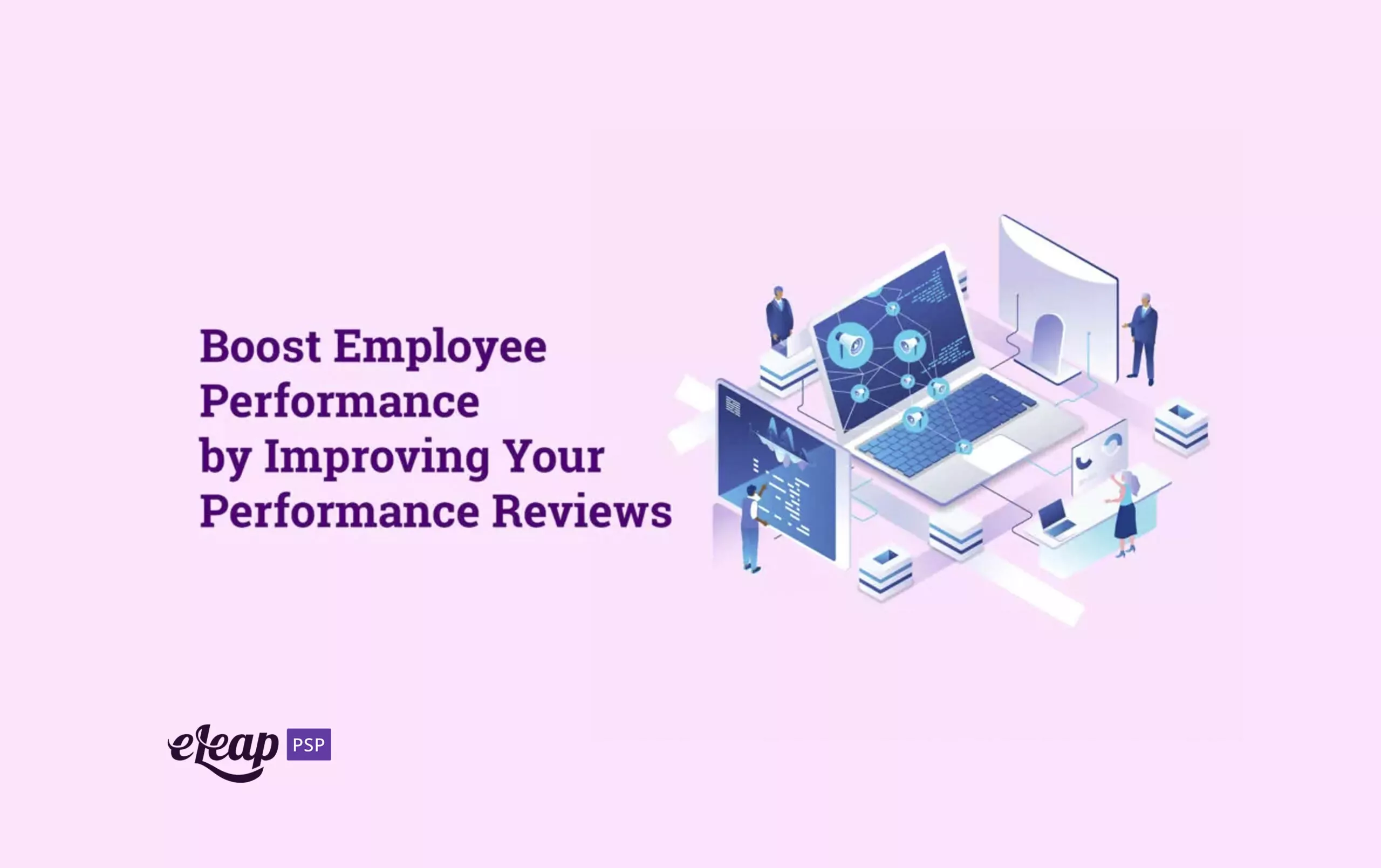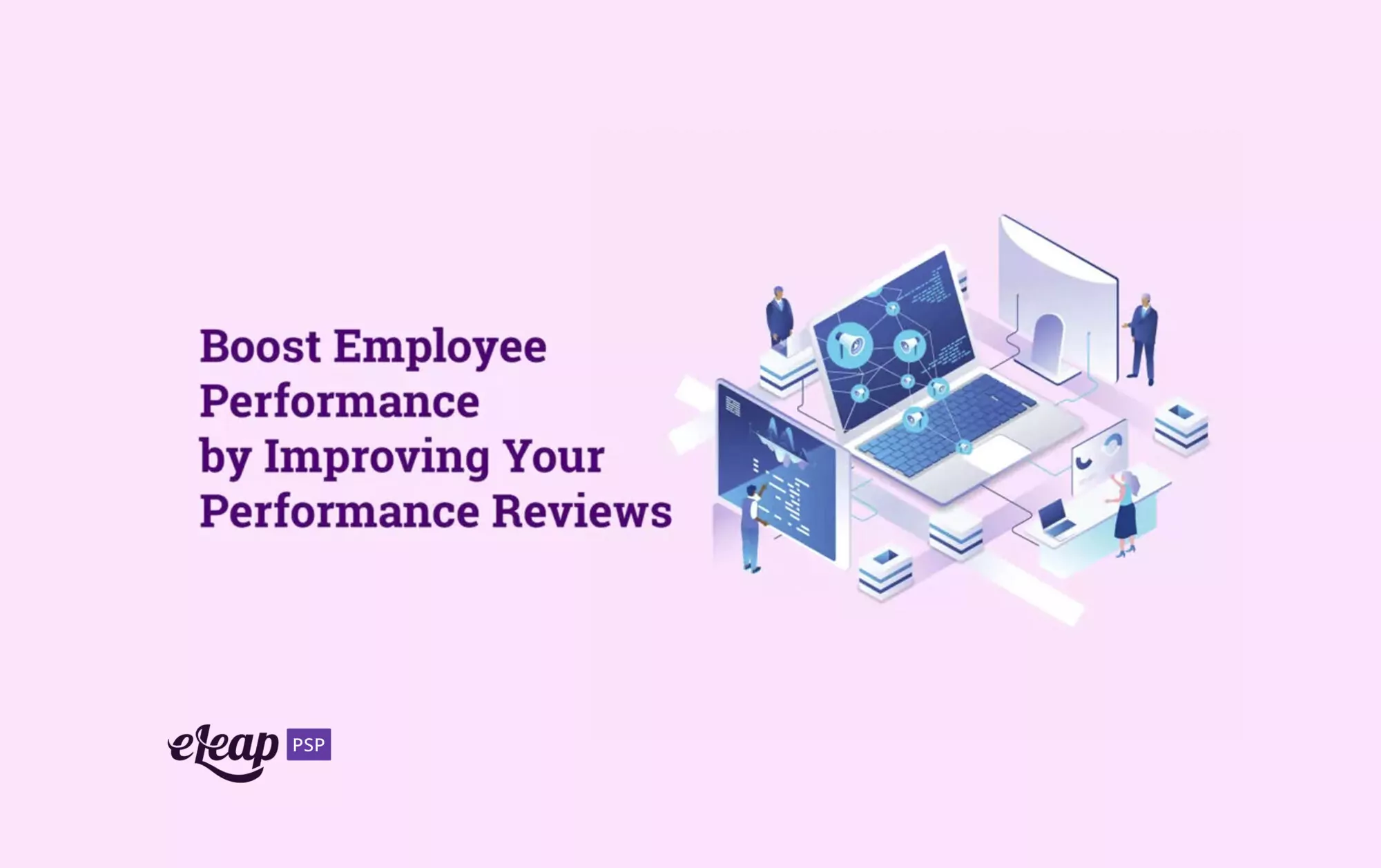Boost Employee Performance by Improving Your Performance Reviews

It tends to be the case in far too many organizations that employees dread their performance reviews. Often, they feel discouraged or defensive afterward and tend not to see the value and benefits that could come of a well-conducted review. Understanding and preparing for performance reviews as a leader is essential. Performance reviews involve a skill set that can be developed and delivered so that your employees are motivated to improve rather than feeling put down and unsure of what to do next.
It’s probably no surprise that the performance review system has a bad reputation, even amongst leaders themselves. If used in the right way, employees can find them extremely useful for reassessing their goals and tracking their progress within the company. But as it stands, they are either dreaded or viewed as a waste of time by most employees, and many leaders end up feeling the same way.
So, a performance review can be motivating and inspiring, but how can leaders go about ensuring positive outcomes? In order to succeed and boost employee performance, performance reviews must be outlined properly and executed well. How can you ensure performance reviews are a driving force behind employee motivation, performance, accountability, and increased levels of job satisfaction?

Start With a Positive Outlook and Mindset
As a leader, you may feel that performance evaluations are intimidating, boring, or feel like nothing more than an HR formality. But is this how you intend for your employees to feel about the process? For you to expect your team and workforce to get the most out of a review, your mindset as a leader needs to be positive and in the right place. In fact, performance reviews can work in your favor, so long as you understand why they exist and how they work to your advantage. Starting with your mindset is essential for a successful performance review.
Ensure The Intent is Clear
Having a clear purpose for performance reviews and their ensuing discussions is essential if they are to be successful. Employees should be well informed about what will be discussed during the review process so that the conversation can proceed smoothly. Performance reviews are often used to address concerns, discuss potential promotions, go over development for employees, and cover other problem areas an employee may have.
Performance reviews have morphed into so much more than simply a performance appraisal, which can make them unclear and unwieldy. Furthermore, performance reviews have become a scapegoat used by employees for venting their frustrations; a place they feel comfortable to air their concerns. Setting a clear purpose for the review process ensures the goal of the review doesn’t get lost in translation, and the conversation stays productive and on track.
Use Data and Never Get Personal
There’s no denying it: Not all of your leaders feel the same about every employee. When they don’t get along with their employees well, leaders dread performance reviews, and so do employees themselves. Bias, however, cannot be allowed in a performance review. Reviewing should be conducted fairly and objectively. The feedback should always be accurate, realistic, and not subjective.
Employees who feel their review is not fair will be disengaged, likely get defensive, and the review will be a failure. Rather than simply relying on your personal feedback, use data-driven assessment tools to help you avoid biases, even if they aren’t intentional. The facts should be presented to the employee as the basis for their review in order to foster greater receptivity and reduce the likelihood they will think you’re out to get them.
Don’t Make it About Competition
It is all too easy for performance reviews to become a means to promote competition unintentionally. A performance review tends to be viewed more as a way for employees to prove their worth than a method of helping them learn, grow, and perform. Competing mindsets are not conducive to the performance review process. A difficult conversation is made much more difficult when this occurs, and it ultimately does little to enhance the overall outcome.
The performance review must be viewed as a coaching opportunity rather than a competition in order for it to be successful. This type of environment can lead to better employee engagement because employees can express their opinions and engage in a real discussion. Taking steps to create a shared goal and determining the way to get there will improve employee success rates, so try to facilitate dialogue aimed at collaboration and assistance rather than competition.
Tie Everything Together
The conversation seems honest and astute, both of you have a clear purpose, and there was collaboration between you to create a successful action plan. If this is what your performance reviews look like, you’re almost home-free! You must emphasize the overall impact of the performance review for it to be deemed successful. Performance reviews should be seen as a benefit for the employee.
Most of the time, how you perceive the conversation to have gone is not at all what the employee took away from the meeting, so make sure that you’re both on the same page. The most important thing is that employees understand the benefits of the review. Are they seeing opportunities for training, results, and new opportunities? Otherwise, the performance review might not be as effective as you hoped. Conclude your reviews by ensuring that you’ll follow up on what has been discussed (and make sure to follow through).
Follow Up
Always touch base with your employees after reviews, as it’s important to demonstrate the benefits of the performance review and prove it with actionable results so that they are willing to buy into the process long term. Plus, if you don’t follow up on what has been discussed, your employees might not take the review process as seriously in the future. It will all end up just being empty words!
Performance reviews are part of a successful overall performance management system, it is important that the reviews be focused, clear-cut, and beneficial to all involved. Making sure your employees have the tools and information they need will be easier with a good performance review plan, effective conversation, and dedicated follow-ups. You, as a leader, are responsible for ensuring that your team sees the value of the performance review process.